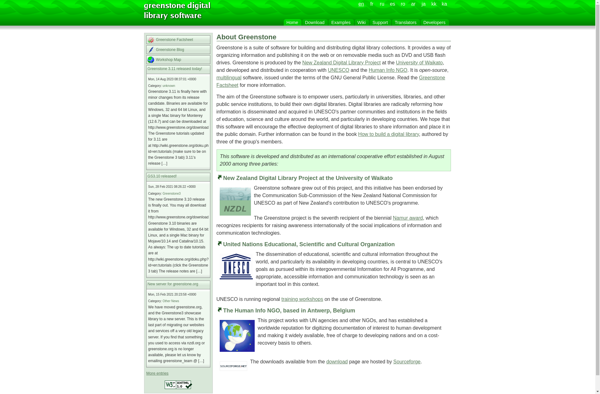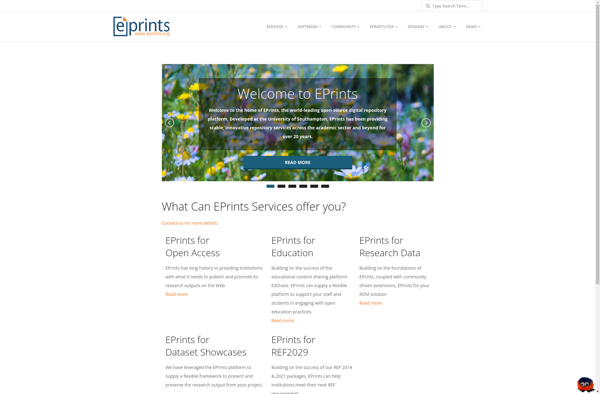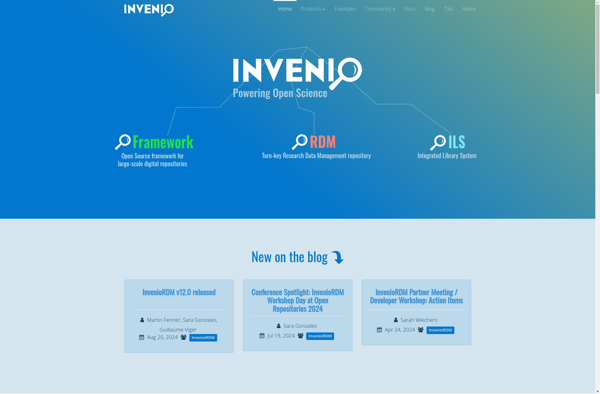FedoraCommons

FedoraCommons: Open Source Digital Repository System
Fedora Commons is an open source digital repository system used by academic institutions and organizations to manage, share, preserve, and provide access to digital content. It supports a variety of digital object types and allows for flexible metadata management.
What is FedoraCommons?
FedoraCommons is an open-source, modular repository system for managing, preserving, sharing and providing access to digital content. It is commonly used by universities, libraries, archives, museums and other cultural heritage institutions to store and manage their digital collections.
Some key features of FedoraCommons include:
- Flexible support for a wide variety of digital object types including text, images, audio, video, datasets, web pages and more.
- Extensive metadata management capabilities to describe digital objects and add context.
- APIs and interfaces for integration with other applications and systems.
- Support for linked data and semantic web standards.
- Access control and permissions functionality.
- Versioning and fixity controls for preservation.
- Scalability to manage collections ranging from small to extremely large.
- Modular architecture that allows new features and functionality to be added via plugins.
- Open source software with a large community of developers and user contributions.
Overall, FedoraCommons is aimed at long-term preservation and access of digital heritage collections with extensive flexibility and extensibility to serve a wide variety of institutional repository use cases.
FedoraCommons Features
Features
- Institutional repository software
- Supports multiple content types (documents, images, videos, datasets, etc.)
- Flexible metadata management
- Full-text search and faceted browsing
- Access controls and permissions
- Preservation tools like format migration and fixity checks
- Supports linked data and semantic web standards
- Integration with authentication systems
- Customizable user interface
- APIs for integration with other systems
- Community-driven open source development
Pricing
- Open Source
Pros
Cons
Official Links
Reviews & Ratings
Login to ReviewThe Best FedoraCommons Alternatives
Top Education & Reference and Digital Repository and other similar apps like FedoraCommons
Here are some alternatives to FedoraCommons:
Suggest an alternative ❐Ambra

Greenstone Digital Library

E-Prints

Invenio
